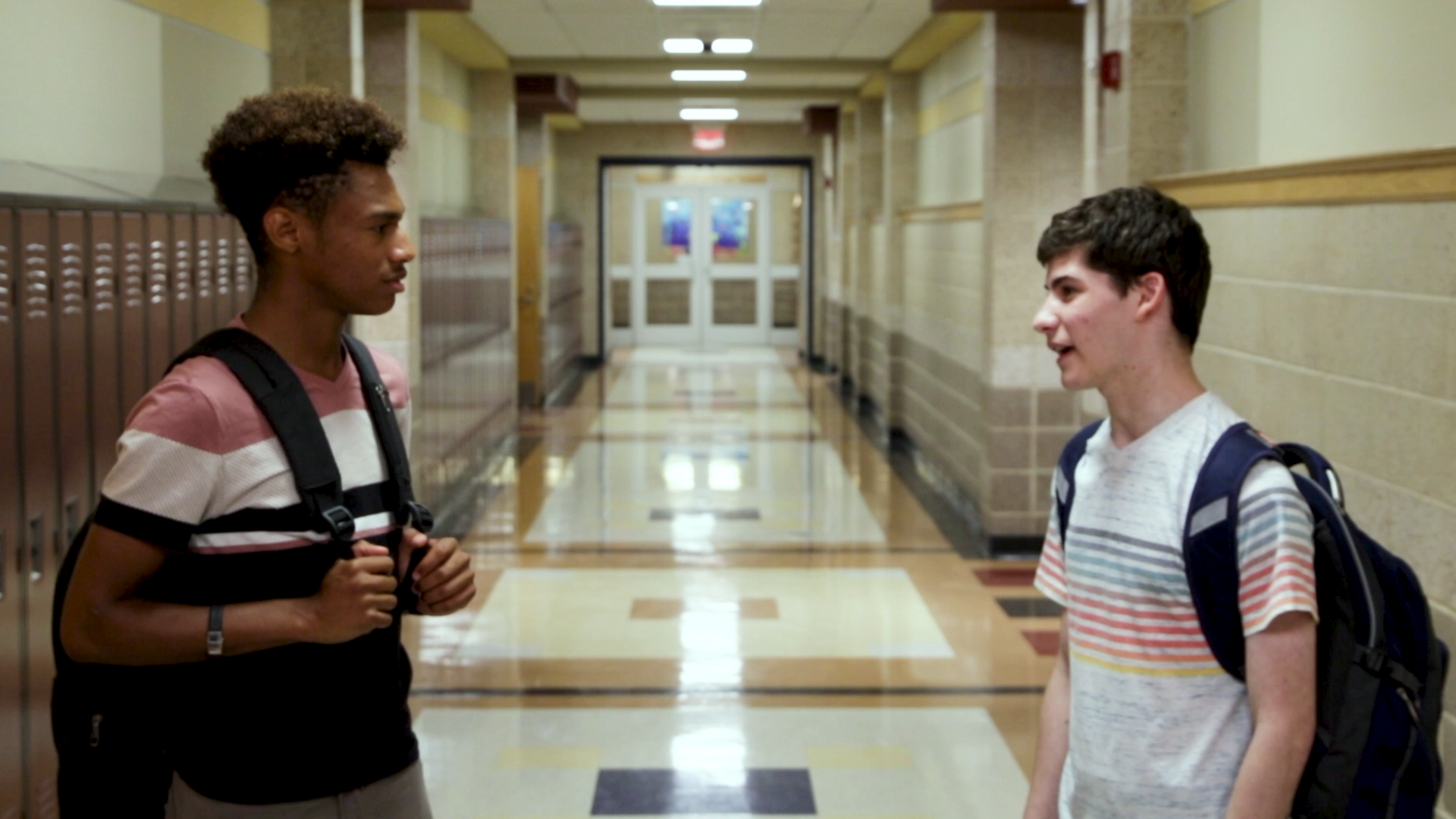Introduction
Strong friendships are essential for the healthy development of middle school students. As educators, we play a crucial role in helping students understand the importance of building and maintaining close relationships. Friendships develop over time, and through a series of steps, we can facilitate students’ ability to form meaningful connections with their peers. This blog post will discuss a no-prep activity, discussion questions, and related skills to help you guide your students in forming close friendships.
No-Prep Activity: Friendship Bingo
A fun and engaging way to help students build connections with their peers is through a no-prep activity called Friendship Bingo. This game requires no materials or preparation and encourages students to interact with different classmates, discover common interests, and learn more about each other.
Begin by instructing students to create a 5×5 grid on a piece of paper, labeling each box with a unique interest, hobby, or characteristic. Next, have students walk around the classroom and find classmates who share these interests or characteristics. When they find a match, the student should write their peer’s name in the corresponding box. The first student to fill their entire grid or complete a row or column wins the game.
Friendship Bingo not only helps students identify potential friends with shared interests, but it also promotes open communication and collaboration among classmates.
Discussion Questions
- Why is it important to have close friendships in middle school? How do these relationships impact our overall well-being?
- What are some challenges that middle school students may face when trying to form new friendships? How can we overcome these obstacles?
- How can we maintain friendships over time, both inside and outside of school? What are some effective ways to stay connected with friends?
- What qualities do you look for in a close friend? How can these qualities help strengthen the bond between friends?
- How can we handle conflicts or misunderstandings within a friendship? What strategies can we use to resolve issues and maintain a healthy relationship?
Related Skills
In addition to the steps for building close friendships, there are several related skills that students should develop to foster healthy relationships:
- Active Listening: Students should learn to listen carefully and empathetically to their friends, demonstrating understanding and support.
- Conflict Resolution: Developing the ability to handle disagreements and conflicts in a constructive manner is crucial for maintaining lasting friendships.
- Empathy: Understanding and sharing the feelings of others is a key component of strong interpersonal relationships.
- Communication Skills: Effectively expressing thoughts and feelings helps students build trust and rapport with their peers.
- Collaboration: Working together on projects or activities can strengthen the bond between friends and foster a sense of teamwork.
Next Steps
Helping students form close friendships is an essential aspect of social-emotional learning. By incorporating activities like Friendship Bingo and facilitating discussions on friendship-building, you can create an environment where students feel comfortable and supported in their quest to develop strong relationships.
To access more resources and sample materials on friendship-building and other social-emotional learning topics, sign up for free samples at Everyday Speech.






